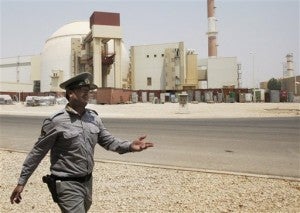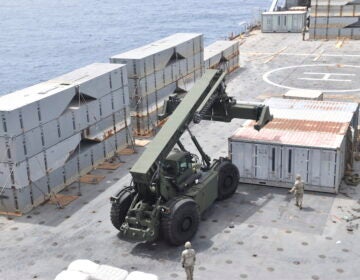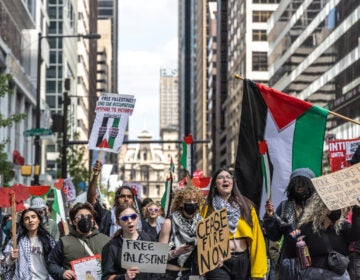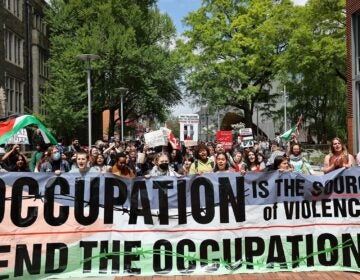What should be done about Iran?
Listen
While visiting the U.S. earlier this week, Israeli Prime Minister Benjamin Netanyahu asserted the right of Israel to attack Iran, raising concerns about a military confrontation in an already fragile Middle East. In response, in a press conference on Tuesday and at a meeting of the American Israel Public Affairs Committee, President Barack Obama defended his administration’s policy of continuing sanctions and pursuing a diplomatic solution to the growing threat posed by a nuclear-armed Iran. Meanwhile, the European Union, China and Russia joined forces with the U.S. in encouraging a resumption of stalled talks. Indications are that Iran has now agreed to allow U.N inspectors into what is considered its secret nuclear weapons facilities. Will diplomacy and sanctions be effective in dealing with Iran or is it time for military action? We explore the options with ALIREZA NADER, a policy analyst at the Rand Corporation, and MATTHEW KROENIG of the Council on Foreign Relations. Then we talk with Iranian-Jewish writer ROYA HAKAKIAN about the long and complicated relationship between Israel and Iran.
Listen:
[audio: 030812_100630.mp3]
WHYY is your source for fact-based, in-depth journalism and information. As a nonprofit organization, we rely on financial support from readers like you. Please give today.





